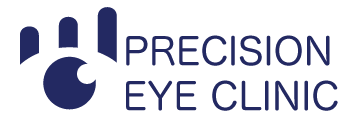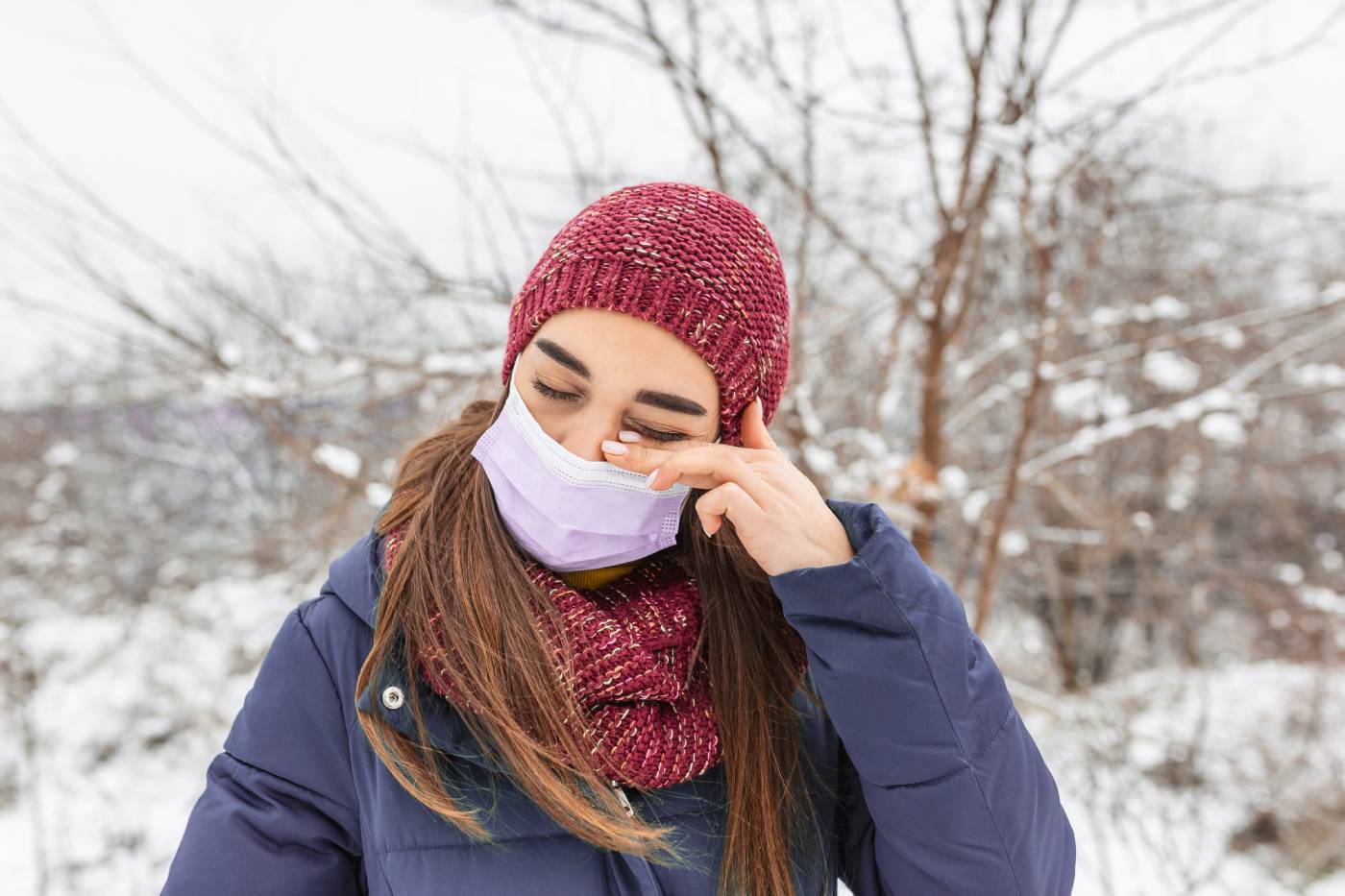As the flowers bloom and the temperature rises, spring brings a delightful change in scenery. However, along with the beauty of this season, many individuals also experience discomfort due to dry eyes. Whether you’re a victim of seasonal allergies or spend excessive time in air-conditioned environments, the tips and techniques discussed in this blog post will help you prevent and manage dry eyes, ensuring a comfortable and enjoyable spring season. Let’s begin!
8 Ways to Prevent & Manage Dry Eyes during Spring Season
- Understand the Causes of Dry Eyes in Spring
Explore common factors contributing to dry eyes during this season, including increased allergies, excess pollen in the air, exposure to strong winds, and prolonged screen time during allergy season.
- Stay Hydrated
Discover the importance of staying hydrated to maintain optimum eye moisture levels, and learn simple techniques and tips to help you incorporate more water into your daily routine.
- Protect Your Eyes from the Elements
Explore various ways to shield your eyes from outdoor elements such as wind, dust, and pollen, including wearing sunglasses, using eye-friendly cosmetics, and the benefits of using lubricating eye drops.
- Minimize Allergen Exposure
Learn effective strategies for reducing exposure to common allergens, such as keeping windows closed, using air purifiers, practicing good hygiene, and creating a clean indoor environment.
- Follow the 20-20-20 Rule
Discover how the 20-20-20 rule can help alleviate dryness and provide relief from extended screen time, ensuring your eyes stay moist and comfortable.
- Consider Medical Interventions
Explore various treatment options available for severe and chronic cases of dry eyes, including prescription eye drops, punctal plugs, and other medical interventions that may provide long-term relief.
- Incorporate Eye-friendly Foods into Your Diet
Discover how consuming a diet rich in omega-3 fatty acids, vitamin A, and antioxidants can promote healthy tear production and reduce the risk of dry eyes.
- Develop Healthy Eye Care Habits
Learn effective habits such as taking breaks during extended screen time, practicing proper contact lens hygiene, keeping eyes clean, and avoiding excessive rubbing or touching, which can worsen dry eye symptoms.
Summary
Don’t let dry eyes damper your enjoyment of the spring season. By following the preventive measures and management techniques outlined in this blog post, you can maintain healthy and comfortable eyes throughout spring.
Remember, if dry eyes persist or worsen, consult an eye care professional for a comprehensive evaluation and personalized treatment plan. Embrace the beauty of spring with clear, vibrant, and well-moisturized eyes!
Visit Precision Eye Clinic for the Best Eye Care Services in Houston, Texas
Most individuals fail to realize they need professional eye care or corrective eyewear until their vision problems interrupt their day-to-day lives. Minor vision problems will often turn into severe ones without proper treatment. They may also be signs of more severe underlying health issues.
We strive to bring the latest technology to diagnose potential eye-related illnesses before they cause vision problems and provide the most comprehensive eye evaluations in Houston, TX.
Please schedule an appointment today to see, look, and feel better!











